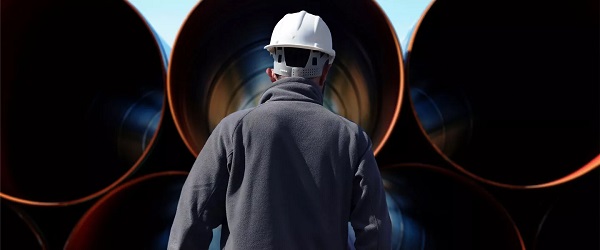Bruce Dowbiggin
The McDavid Dilemma: Edmonton Faces Another Big Mess
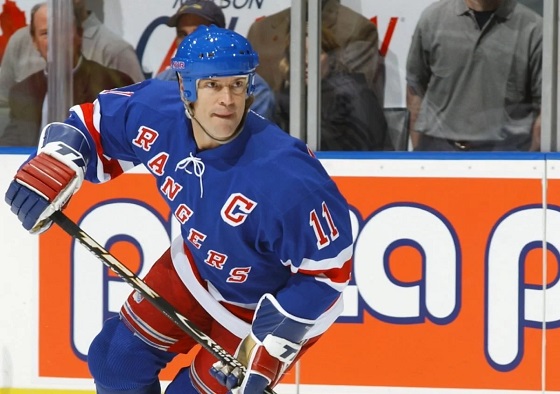
The 2025-26 NHL season opens this week with one overriding issue: Connor McDavid. Will the best player in this generation stay in Edmonton or go elsewhere? It’s a question that will be asked every day till the playoffs end or McDavid is traded. Naturally Edmonton is having a meltdown. Some are resigned to losing him. Others feel he could sign a bridge deal.
When it comes to losing their stars, Oilers City has been there before. The trade that always gets top billing is the 1988 Gretzky deal to the L.A. Kings, the seismic re-organization of hockey in the late 20th century. Less talked about— but more impactful on the ice— was a trade made this week in 1991 that sent Mark Messier to the New York Rangers. Messier led the Rangers their first Stanley Cup in 1994— their first since 1940. Gretzky never won a Cup away from Edmonton.
Here’s how Messier described the deal in our most recent book Deal With It: The Tales That Stunned The NHL & Changed Hockey:
Calling up GM Glen Sather a couple of months after the 1991 postseason ended to tell him he wanted to move, Messier years later recalled “phoning him was a tough thing. I think it was mid-July. I’d been thinking of this for a while. It wasn’t just the money. I’ve made it clear their offer was pretty good. Certainly enough, where I’d never have to worry again… But I had a gut feeling I wanted to make a change, to go. To try for a new challenge and grow a bit.”
Both sides knew it was just business of course. Messier was correct in assuming he would not enjoy anything close to a sixth Cup if he stayed for a lucrative offer in Edmonton.
“I was delighted with Mark,” Sather would admit about the parting of ways. “He’s a terrific guy to be with and a great player, and it’s sad for me to have to trade him. But it becomes more complicated than that, because of what we’re trying to do here now. I don’t want to be caught in a situation where we’re going to be struggling for five or six years, depending on the draft to get us competitive again. If you analyze the way teams in this league have worked, they’ve all run on cycles. You peak for three or four years, and then go downhill and try to get back up again. And if you don’t trade players you can recover with, then you’re never going to recover. You only have so many assets to make deals with.
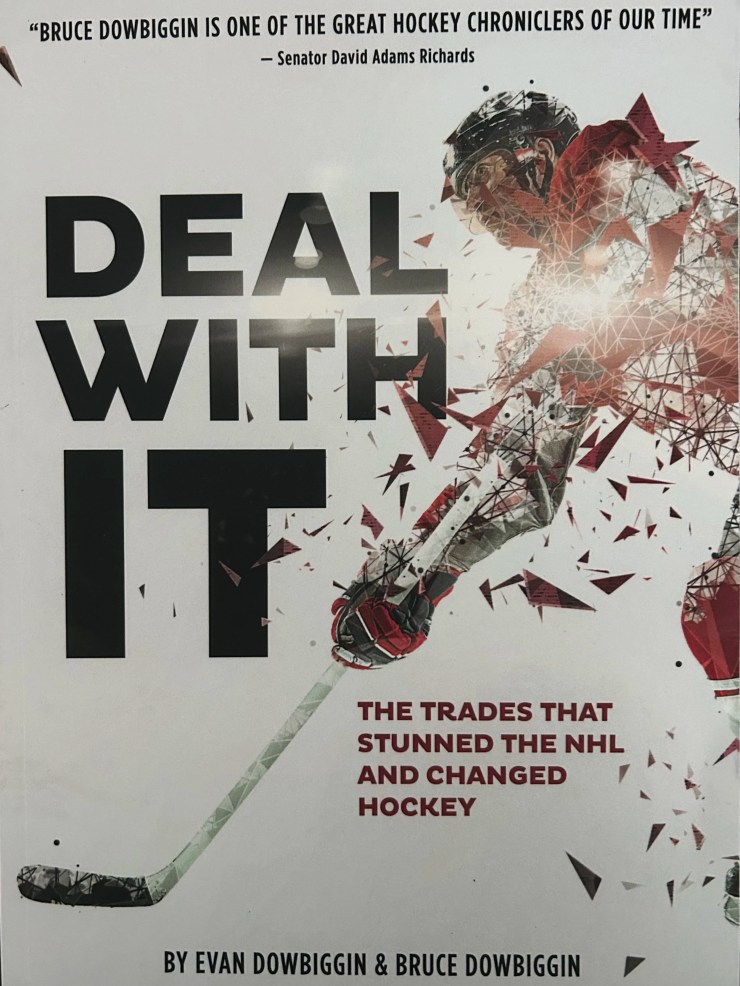
Neil Smith, the Rangers general manager who had seen his team endure back-to- back playoff disappointments (beaten both times by the Capitals), got wind of the possibility of landing the great “Moose” over the summer that year. Haggling for weeks toward an eventual deal, Sather would later point out the discrepancies between markets that were tearing apart the NHL at that time, bemoaning that “Maybe they’ll pay (Mark) in New York, maybe Mark is the kind of guy that can attract enough attention to do that. I mean, he’s going to be the matinee idol, he’s Madison Avenue, he’ll be terrific there. He’s the first big superstar they’ve had since Rod Gilbert, so they can afford to pay him whatever they want to pay. We don’t have MSG behind us.”
Edmonton’s training camp in 1991 went on with Messier absent, while he headed to Hilton Head to play golf with his father and brother following the 1991 Canada Cup win. Messier’s sabbatical in the sun ended on the day Edmonton’s season had started. On October 4, 1991, Messier got the call on the 16th tee box at Palmetto Dunes in South Carolina. It was Sather telling him he was headed to Broadway. In the deal, Bernie Nicholls, Steven Rice, Louie DeBrusk and future considerations (completed when the Rangers snagged Jeff Beukeboom for David Shaw) would be coming over in exchange for the vaunted Oiler captain. In the aftermath, an elated Smith hyperbolically called it “the biggest day in the 66-year history of the New York Rangers.” Hundreds and hundreds of miles away to the Northwest, reactions were considerably less enthusiastic.”

The rest was legend. With the media pressure and criticism mounting in the 1994 Conference Final, Messier was asked before the pivotal Game 6 matchup if he guaranteed a win. Responding, “Yes, we will win tonight,” he made what seemed like an innocuous comment at the time. But it was used by a NYC sports media that still lionized when “Broadway” Joe Namath had guaranteed his Jets would pull off the upset of the Baltimore Colts in Super Bowl III in 1969. Newspaper headlines honed in on Messier’s “bold guarantee.” The bravado would fall flatter than a pancake if this bulletin-board quote instead got the Rangers eliminated. Instead, Messier’s performance solidified his legacy as one of the great leaders/captains the sport had ever seen.” And the Rangers carried off the Cup, besting longtime whipping boys Vancouver in seven games.
Will McDavid win a Cup in Edmonton in 2026? Will he, like Messier, get his Cup with a large market team? Or will he be like Gretzky, doomed to play for three more teams without the big prize? This week we start the engines on Edmonton’s worst nightmare.
Bruce Dowbiggin @dowbboy is the editor of Not The Public Broadcaster A two-time winner of the Gemini Award as Canada’s top television sports broadcaster, his new book Deal With It: The Trades That Stunned The NHL And Changed hockey is now available on Amazon. Inexact Science: The Six Most Compelling Draft Years In NHL History, his previous book with his son Evan, was voted the seventh-best professional hockey book of all time by bookauthority.org . His 2004 book Money Players was voted sixth best on the same list, and is available via brucedowbigginbooks.ca.
Bruce Dowbiggin
What We Had Here Is A Failure To Communicate
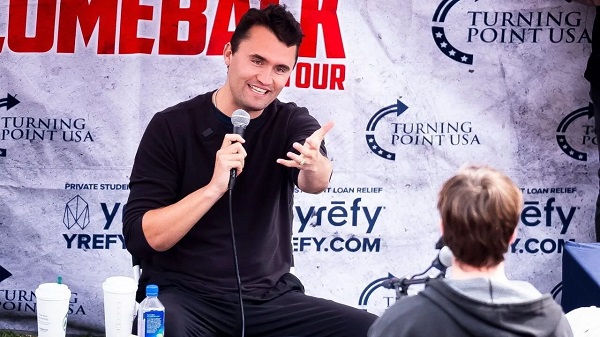
1 Corinthians 13:11,
“When I was a child, I spake as a child, I understood as a child, I thought as a child: but when I became a man, I put away childish things.”
Back in our formative days we wrote a stage play that won a book prize at University of Toronto. Flushed with success we hastily dispatched the play to our former prof, the late Urjo Kareda, who was then dramaturge at the Stratford Shakespeare Festival. And we waited.
A short time later he returned the play. As I opened the package I could see the pages marked up like some Napoleonic battle plan. My eyes went to the title page where four angry slashes underlined my artful title. “What kind of meaningless glop is this?” he wrote. It went downhill from there.
We quickly penned a hurt note, pleading, “I thought you were my friend.” To which Urjo replied, “I thought you wanted to be a writer.” Game. Set. Match. Two years and about a hundred drafts later the play was produced at the Tarragon Theatre Writers Workshop. Because we had much to learn.
We were reminded of that epiphany while watching video of Charlie Kirk’s Socratic debating (mostly) students over the years. Seeing eager young people in debate was remarkable. After unloading their box cars of prefab hate— racist, sexist, transphobe, Nazi— they were clinically defenestrated by Kirk’s casual “Name me one time I said that”. Or Kirk correcting them on Scripture texts. Or the contradictions of pro-choice politics. That began the humana-humana-humana phase of the encounter.

Our fave was Kirk offering $10,000 to anyone at Oxford Union who could name a U.S. citizen deported by ICE. That was followed by a crestfallen silence. Soon followed by the recognition from the mini-AOCs that their education and the hundreds of thousands they spent were wasted by corrupt professors and radical institutions. This produced either a) resignation or b) in the case of Tyler Robinson, a vengeful wrath and a bullet.
Because they have been indoctrinated into an education cult that equates classic argument with arguing, words with violence and religion with poison they suddenly realize that going through life depending on your feelings— as they’ve been taught since kindergarten— is going to be a disaster for them. They’re lost in a secular hellhole with no moral signposts. Just slogans. Had they been encouraged to discipline their minds to the Socratic model they might have stood a chance.
Socrates described his method as “midwifery”, because it is employed to help his interlocutors develop their understanding in a way analogous to a child developing in the womb. But their heroes told them to be nice. Or to support Hamas. Or both.
Now they were standing outside the Woke bubble with their pants at their knees on social media. “Yes, he was a bit of a jerk,” wrote one of his debaters, “Yes, he held extreme political beliefs. That does not justify violence.”
Modern education has failed them on the exchange of ideas. Marinated in radical chic by their union leaders who told them to read the room, not the books. “If your opinion depends on reliably knowing another person’s inner thoughts,” Scott Adams writes in his book Loserthink, “you might be experiencing loserthink… Keep a few examples of your wrongness fresh in your memory so you can generate the right level of humility about your omniscience in future situations.”

But enough about Jimmy Kimmell. Humility would require self awareness which is verboten for those graduating from contemporary public schooling and colleges. That’s why critics tried mightily to demean Kirk’s signature open-mike format. “Instead of debating experienced left-wing political commentators,” blubbers leftist New University, “these right-wing talking heads intentionally target college students who are often inexperienced in debate, studying subjects other than political science and uninformed in the particular policy area they are being grilled about.” Also because the late-night Edward R. Murrows would never risk it. Ah, the cruelty!
These bunkered beauties think they’ve achieved some enlightenment for reading minds. Wrong. “You can be smart and well informed while at the same time be a flagrant loserthinker,” notes Adams. Once you learn to see the walls of your mental prison, “and you learn how to escape, you will have better tools to help usher in what I call the Golden Age.”

The classic teaching model once was the erudite John Houseman as the Harvard law legend in the Paper Chase movie and TV program in the 1980s. “You teach yourselves the law, but I train your minds. You come in here with a skull full of mush; you leave thinking like a lawyer.” Houseman’s rigourous professor inspired dread in his students, and at the same time a measure of hero worship; he literally wrote the books they study.
He was pitiless in the face of the casual stereotypes that are the meat of Gavin Newsom or Jagmeet Singh. In one famous scene Houseman’s character tells a struggling student, “Call your mother, and tell her you will never be a lawyer.” (Today he’d be arrested for assault.) Moving young minds away from using feelings in argument was his goal. Tender hearts need not apply. Kirk replicated that discipline, demanding that critics bring the receipts. But it bruised the tender sensibilities of those disinclined to match his scholarship and commitment. Best to shoot him, allowed his critics.
Silencing Kirk’s voice— or replacing it with faux victim Jimmy Kimmel— is supposed help the Rachel Maddow scholars reach total consciousness. Here’s a Canadian feminist in the Globe and Mail dancing on his grave. “Charlie Kirk’s videos thrived on controversy as he used the manosphere playbook to reshape politics”. It’s all so tired, so trope, so predictable.
But it’s worked on a generation of typically well-off kids who entered schools with open minds and left as bitter, angry antifa foot soldiers. In between came the purveyors of white capalist guilt. As Voltaire is reported to have said, “Those who can make you believe absurdities can make you commit atrocities.” Welcome to 2025 M. Voltaire.
Bruce Dowbiggin @dowbboy is the editor of Not The Public Broadcaster A two-time winner of the Gemini Award as Canada’s top television sports broadcaster, his new book Deal With It: The Trades That Stunned The NHL And Changed hockey is now available on Amazon. Inexact Science: The Six Most Compelling Draft Years In NHL History, his previous book with his son Evan, was voted the seventh-best professional hockey book of all time by bookauthority.org . His 2004 book Money Players was voted sixth best on the same list, and is available via brucedowbigginbooks.ca.
Bruce Dowbiggin
Choking The Night Away: Can Blue Jays/ Tigers Recover?
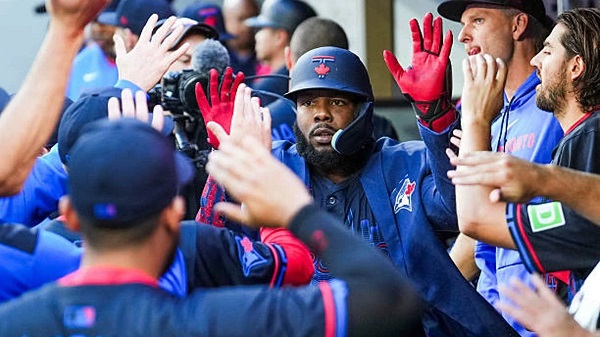
Roy Hobbs: I coulda’ been better. I coulda’ broke every record in the book. And then when I walked down the street people would’ve looked, and they would’ve said, there goes Roy Hobbs, the best there ever was in this game.” Robert Redford in The Natural
The death last week of Robert Redford, the star of The Natural, at 89 coincided with the frantic finish of this year’s MLB pennant races. And there fans of some celebrated baseball teams who are wondering what happened to the WonderBoy the past month.
Somehow the Toronto Blue Jays have survived to make the postseason after staggering through September. The Jays hung on to beat the Kansas City Royals and avoid a sweep at Royals Stadium. The game featured Vladimir Guierrero’s first extra base hit since Sept. 7. Normally that would have been compensated by other Jays.
But they are playing without, arguably, their best player Bo Bichette. Their pitching staff is in tatters with Chris Bassitt gone to the injured list, José Berrios banned to the bullpen, Max Scherzer strafed for seven runs on Friday, Jeff Hoffman blowing leads like he blows his nose. All Star catcher Alejandro Kirk, OFs Addison Barger and Daulton Varsho went cold at the same time.

So Vladdy AWOL could have been fatal. But the Jays pieced together an offence centred on George Springer and spare parts to keep the wheels on. Starter Shane Bieber, the former Cy Young winner, has been a life saver. Now they must face Boston and Tampa to hold onto the top spot in the AL and win a first-round bye. Where they’ll battle the Detroit Tigers for the pennant.
Just kidding. As bad as the Blue Jays struggles have been, the Tigers have authored what may be there worst collapse in the history of MLB. Once leaders by 15.5 in the AL Central, powered by five All Stars and stocked with young studs, the Tigers now find themselves a single game up on red-hot Cleveland in the Central and precariously perched on the edge of missing the postseason.
They have company among the famous folds in the past. On August 11, 1951, the Brooklyn Dodgers held a 13-game lead in the National League. By the end of the season, the Dodgers had relinquished the entire lead, and were locked in a tie atop the standings with the New York Giants, with a three-game playoff to determine the pennant winner. They were tied a game apiece. Dodgers pitcher Don Newcombe took a 4-1 Dodgers lead into the ninth inning. He gave way to reliever Ralph Branca. Up came Bobby Thompson. Down went the Dodgers.
Older fans will remember the 1964 Pholding Phillies of Gene Mach blowing a 6.5 game lead with just 12 to play. It was their chance to win their first World Series ever. the team began printing World Series tickets. Then Mauch began starting his two best starters on two days rest. Sorry. Dust in the wind. The Bob Gibson Cardinals went on to win the WS.
Then there were the 1969 Chicago Cubs under Leo Durocher. The Cubs led by as many as 7 games till the fated black cat ran in front of their dugout in a Sept. 9 game against the Mets. For most that signalled the end for Chicago. The Amazin’ Mets passed the exhausted Cubs and went on to win the huge upset in the WS, beating powerful Baltimore. Durocher played his starters into the dirt while stealing out of a game to see his stepson.
The 1978 Red Sox led the Yankees by as much as 11 games midseason then melted in the summer sun. Having won six in a row to force a playoff with the Yanks, the Carmine Hose had a chance at redemption. Two words describe what happened. Bucky Dent.
The 1987 Blue Jays prefigured their current cousins. With just seven games to go in the regular season, the Blue Jays had amassed 96 wins and a healthy 3.5 game lead over the Detroit Tigers. When the 1987 season came to a close, Toronto still had 96 wins, but no playoff games. Detroit swept them and the image of hapless Jays manager Jimy Williams standing with his hands tucked in his pants became the image of a lost season.

The 1995 California Angels built up an 11-game lead in early August over mediocre AL West competition. With two weeks to play they still had a six-game advantage. That’s when they embarked on a nine-game losing streak—their second such snap within a month. In a one-game playoff Randy Johnson threw 150 pitches for Seattle and that was all she wrote.
The 2007 Mets not only looked to have the NL East sewn up with a seven-game lead over the Phillies, they held the upper hand on home-field advantage for the NL playoffs. In the final week New York came home for seven final games, with a make-up against St. Louis thrown in. They lost all but one, and the season came down to the last day with the Mets and Phillies tied for first. HOF Starter Tom Glavine retired just one Florida batter while allowing seven others to reach; all seven scored. Not only did the Mets lose out on the division by a single game, but the wild card as well by the same margin.
The 2009 Tigers know how their current club feels. Heading into the final weekend of the regular season, up three games over the Minnesota Twins with four games to go, they seemed a lock to make the postseason and win the American League Central division. Four games later, the Tigers were faced with the Twins in a one-game playoff to get to the postseason. Jim Leyland’s Tigers choked that one away as well, losing in extra innings, 6-5.
But nothing compares to the story the 2025 Tigers are authoring. Manager A.J. Hinch has seen all his well-constructed plans disintegrate. He has one great pitcher, Tarek Skull, and a whole lot of five-inning pitchers and hittable bullpen arms. His young core of hitters are gagging (12 LOB Sunday), and the Cleveland Guardinos are on an insane wining streak.
Even though they control their destiny it all feels doomed. And the dream of a Jays/ Tigers AL Final will never be.
Bruce Dowbiggin @dowbboy is the editor of Not The Public Broadcaster A two-time winner of the Gemini Award as Canada’s top television sports broadcaster, his new book Deal With It: The Trades That Stunned The NHL And Changed hockey is now available on Amazon. Inexact Science: The Six Most Compelling Draft Years In NHL History, his previous book with his son Evan, was voted the seventh-best professional hockey book of all time by bookauthority.org . His 2004 book Money Players was voted sixth best on the same list, and is available via brucedowbigginbooks.ca.
-
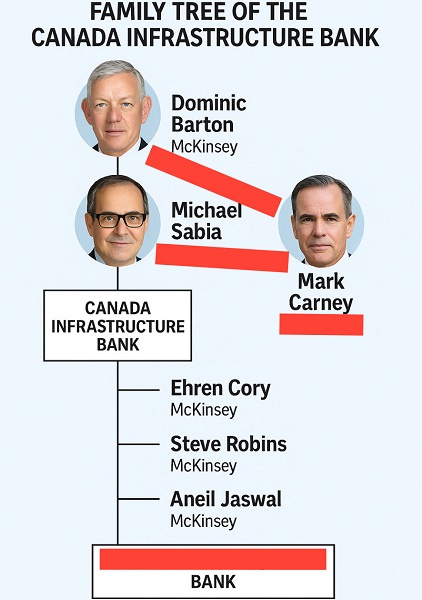
 Business2 days ago
Business2 days agoDominic Barton’s Shadow Over $1-Billion PRC Ferry Deal: An Investigative Op-Ed
-
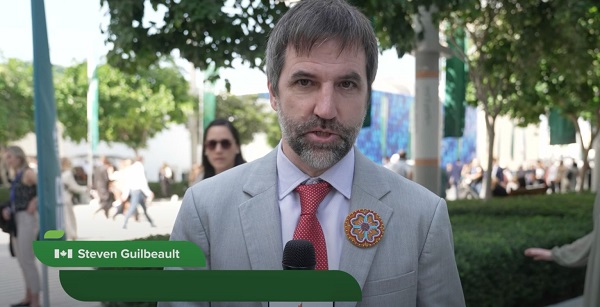
 Censorship Industrial Complex2 days ago
Censorship Industrial Complex2 days agoCanada To Revive Online Censorship Targeting “Harmful” Content, “Hate” Speech, and Deepfakes
-

 Alberta2 days ago
Alberta2 days agoAlberta refuses to take part in Canadian government’s gun buyback program
-
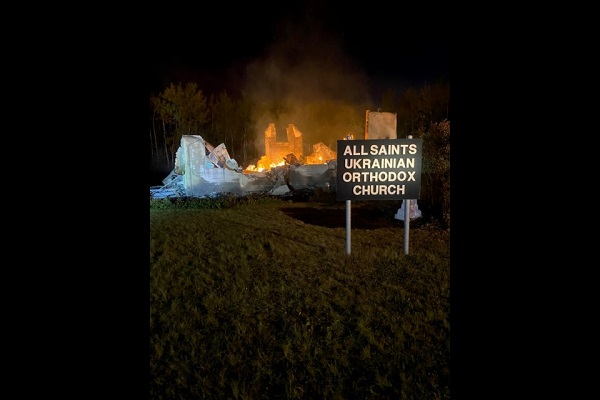
 Alberta2 days ago
Alberta2 days agoOrthodox church burns to the ground in another suspected arson in Alberta
-

 Alberta2 days ago
Alberta2 days agoAlberta puts pressure on the federal government’s euthanasia regime
-

 Fraser Institute1 day ago
Fraser Institute1 day agoAboriginal rights now more constitutionally powerful than any Charter right
-
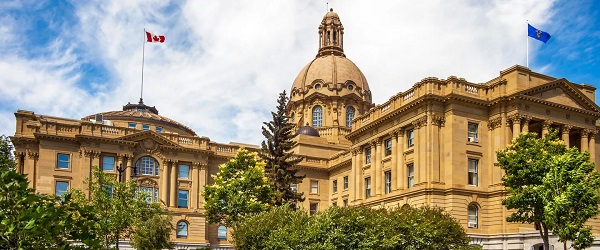
 Alberta1 day ago
Alberta1 day ago$150 a week from the Province to help families with students 12 and under if teachers go on strike next week
-
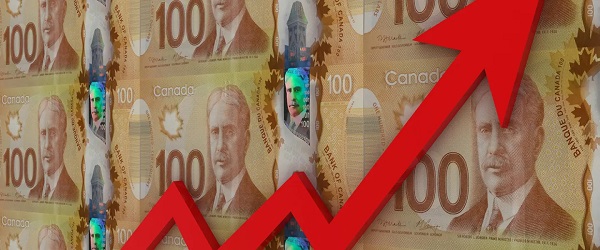
 Business1 day ago
Business1 day agoNew PBO report underscores need for serious fiscal reform in Ottawa





